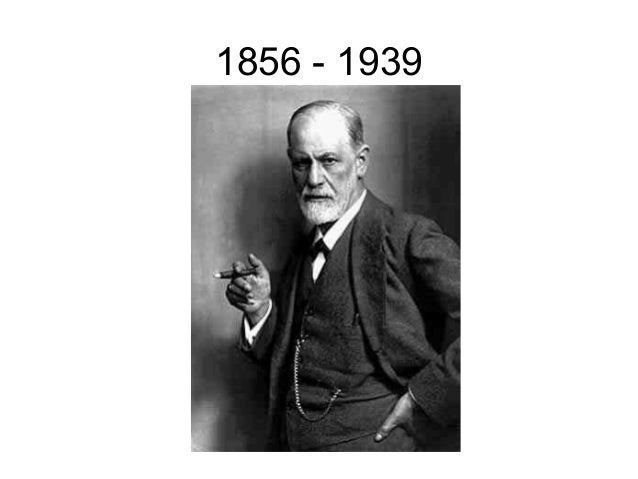Above all, Freud considered himself a scientist. In 1873, he enrolled in medical school at the University of Vienna where he initially focused on biology and eventually began to specialize in neurology. In 1881, Freud received his medical degree and became engaged to be married the next year. Freud's happy marriage produced him six children. His youngest daughter, Anna, would go on to become a distinguished psychoanalyst. Upon graduation, Freud opened his own private practice to treat psychological disorders. With science being at its utmost importance to Freud, he yearned to understand human experience and knowledge.
Freud spent 1885-86 in Paris where he observed French neurologist Jean Charcot using hypnotism as a form of treatment for unusual mental conditions and hysteria. Freud was so impressed by Charcot's work that he began his own experimentation on hypnosis when he returned to Vienna. He was disappointed when he found that the beneficial effects of hypnosis were not long lasting. After this realization, Freud became influenced by his colleague and friend, Josef Breuer. Breuer had found that when he told a hysterical patient to talk unrestricted about when their earliest symptoms started to occur, the symptoms would sometimes gradually adapt. Freud partnered with Breuer on the idea that neuroses originated from incredibly traumatic instances that had happened in the patient's past that now were being hidden from consciousness. The treatment was to make the patient remember the forgotten experience. This technique is explained in detail in Studies in Hysteria, published by Freud and Breuer in 1895.
In Freud's life, he produced more than twenty volumes of clinical studies and theoretical works. In 1923, he revised his views of the mind and published The Ego and the Id. Freud learned in his later years that not everyone would agree with his teachings. Though Sigmund Freud died of Cancer in 1939 while exiled in England, the legacy he left will live on.
-The next installment: Freud's philosophies and my thoughts on him.
Sources: www.iep.utm.edu/freud/ https://www.biography.com/people/sigmund-freud-9302400

"Freud's emphasis on sexuality made his psychoanalytic theory unsuccessful" - did it? In some critics' estimation it made his theory unpalatable or even obsessive, but in terms of public notoriety it certainly seems to have been the element that garnered the most attention and really put psycholanalysis on the map.
ReplyDeleteYou might want to take a look at "When Nietzsche Wept" (on YouTube) to draw out some implications for existential philosophy.
https://www.youtube.com/watch?v=4sXGzFuoF8g
DeleteI've always enjoyed studying psychology, which is how I first learned about Frued a few years ago. I think his studies are so interesting pertaining to psychoanalysis, but it's also quite interesting to see how his discoveries have aged through the years, and how they've been proven/disproven or deemed irrelevant now.
ReplyDelete